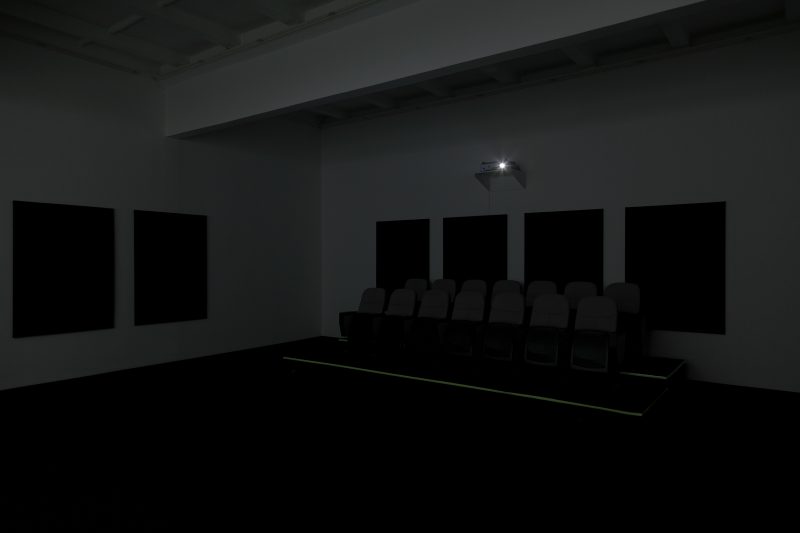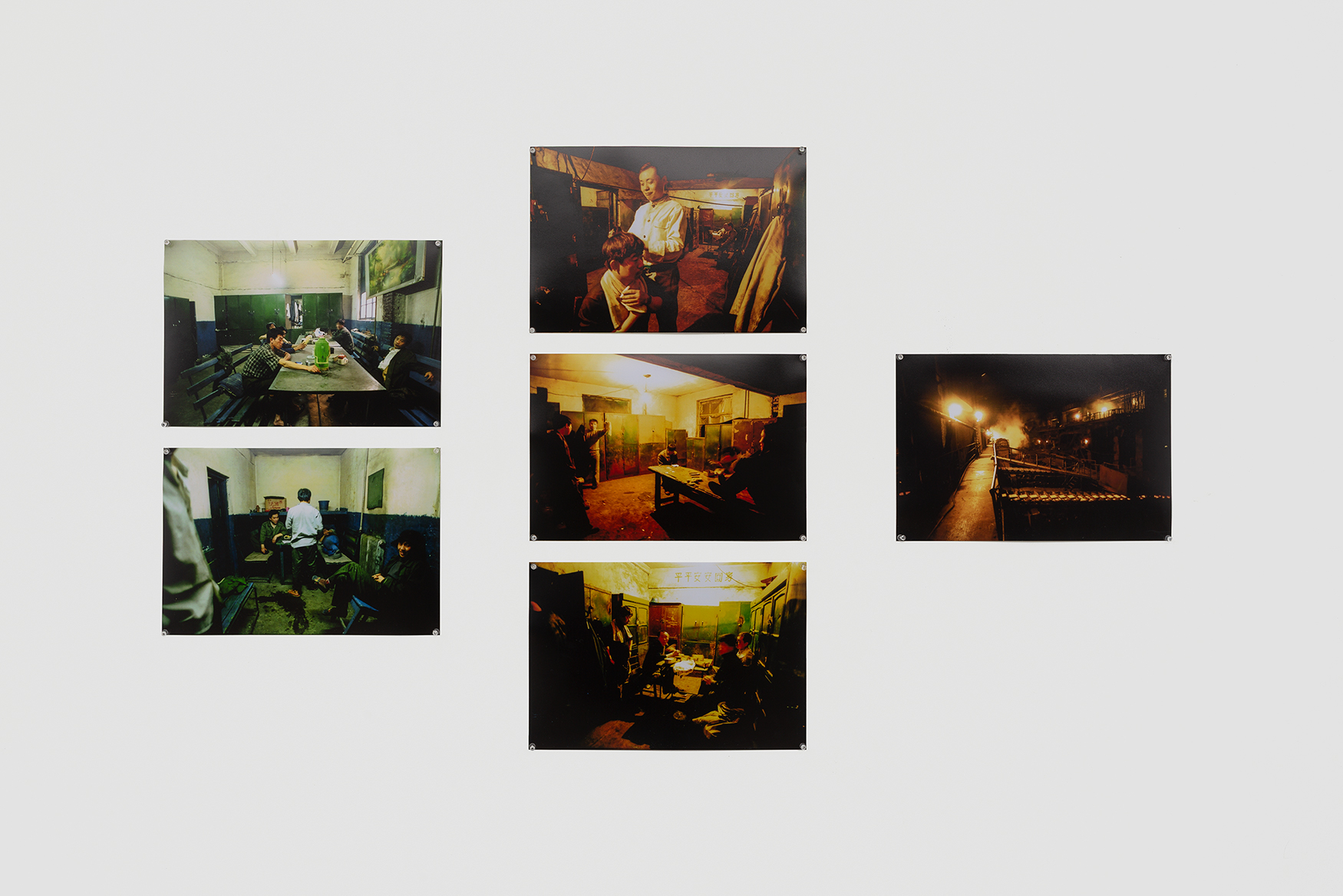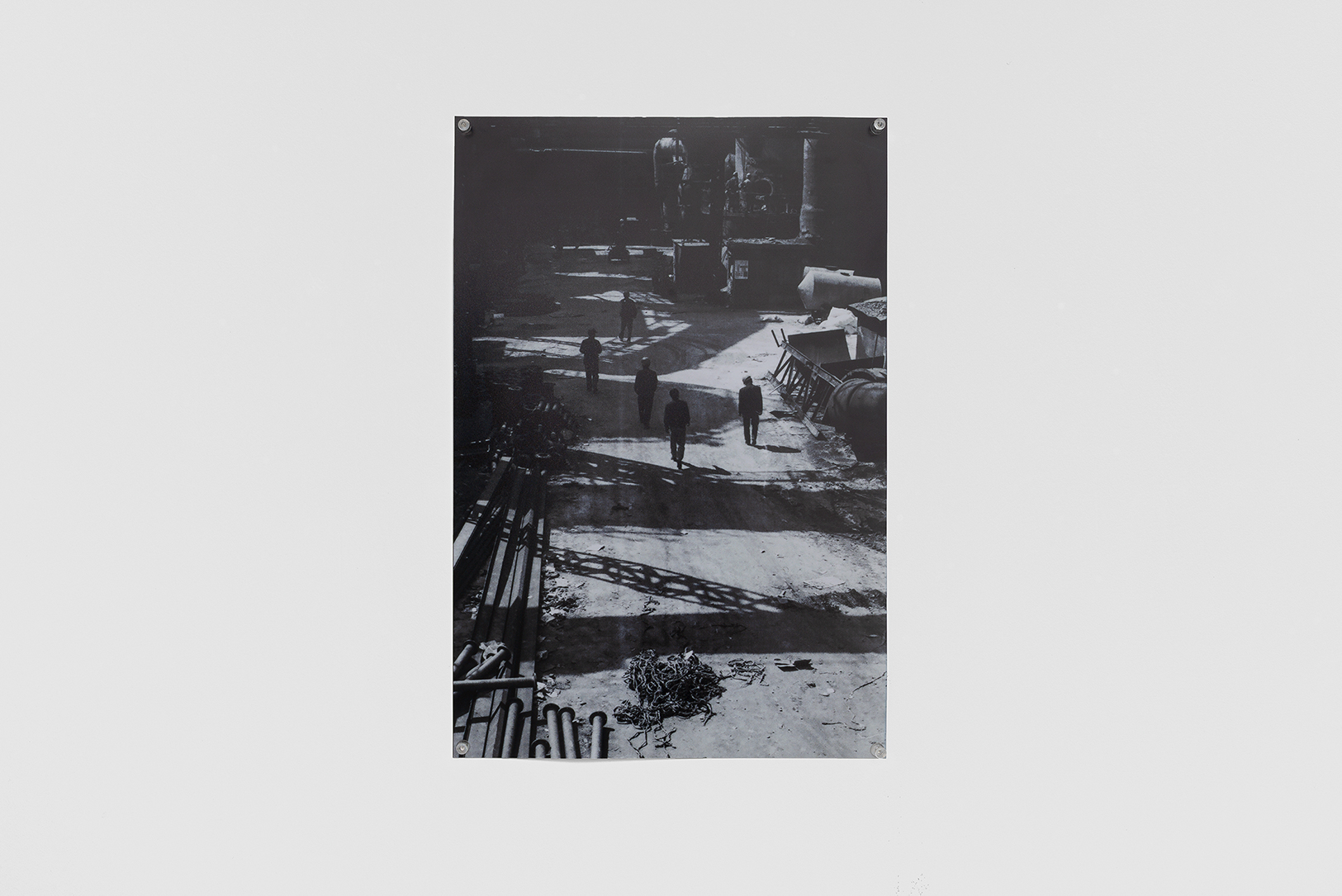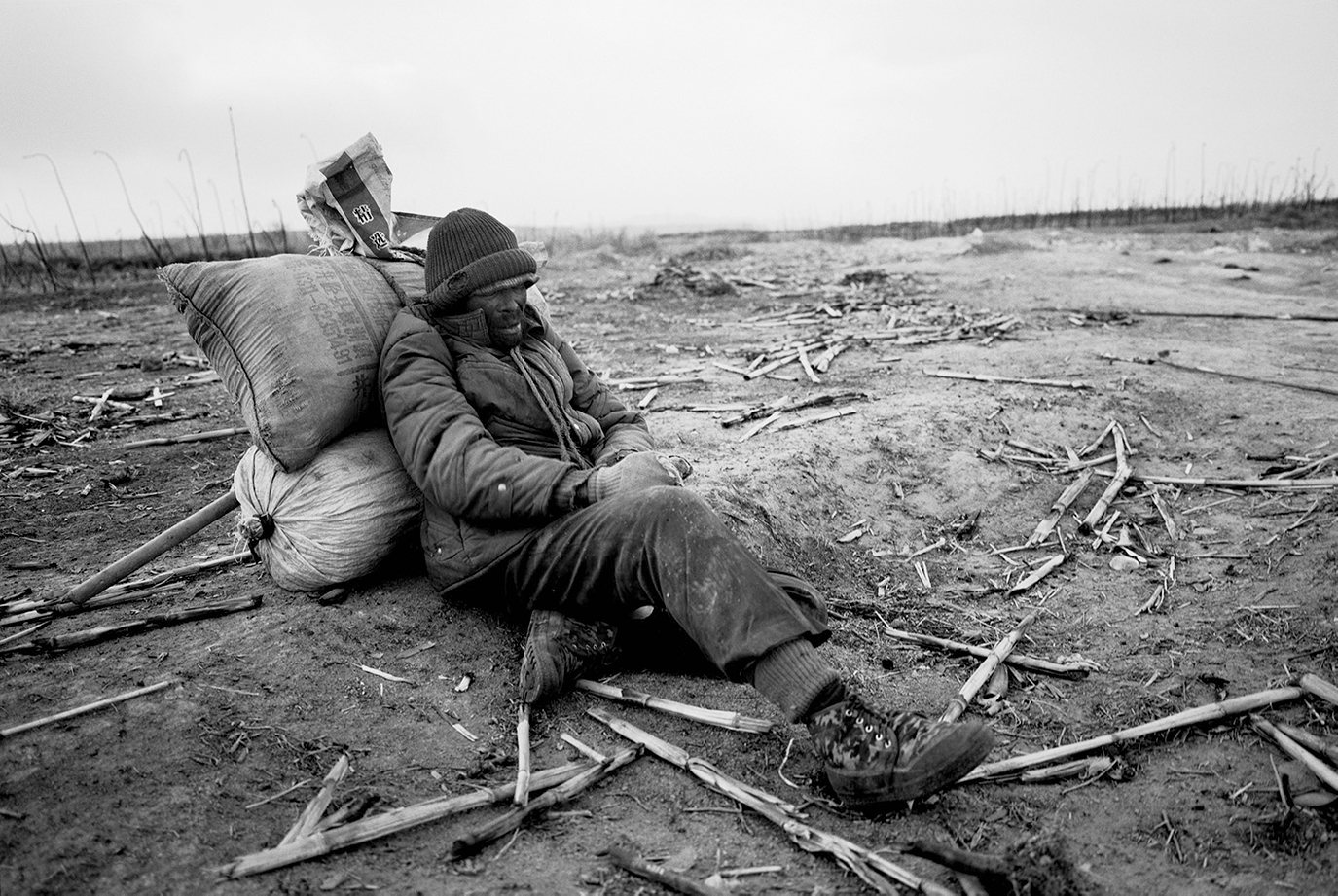This post is also available in:
 简体中文 (Chinese (Simplified))
简体中文 (Chinese (Simplified))  English
English
Born in Xi’an, Shaanxi, China in 1967, Wang Bing studied photography at Lu Xun Academy of Fine Arts and cinematography at Beijing Film Academy. He began his career as an independent filmmaker in 1999. Officially released in 2003, West of Tracks (Tiexi Qu), an enormous documentary work of over 9 hours, garnered enormous international success. In addition to his feature documentaries (Three Sisters/San Zimei, ’Til Madness Do Us Part/Fengai), he is also active in video installation (Crude Oil/Yuanyou, a 14-hour film), fiction film (Brutality Factory/Baoli Gongchang, The Ditch/Jiabiangou), and photography.
more
This post is also available in:
 简体中文 (Chinese (Simplified))
简体中文 (Chinese (Simplified))  English
English
Wang Bing’s work has been selected for major international film festivals, including Cannes Film Festival, Venice International Film Festival, Berlin International Film Festival and International Film Festival Rotterdam. Several of his films have been recognised with international awards, including the “Golden Leopard” award at the 70th Locarno Film Festival, the award for Best Film in “Orizzonti” at the 69th Venice International Film Festival for Three Sisters (2012), Prize-winner, La Résidence, Cinéfondation of Cannes Film Festival (2004), French National Order of Merit (Légion d’honneur) (2006). His documentaries have been released in theatres around the world. Acclaimed by critics and recognised as one of the most important Chinese artists, documentary makers and film directors of his time, Wang Bing has been honoured with retrospectives in museums, including the Centre Pompidou in Paris and the Cinémathèque Royale de Belgique in Brussels. In 2016, Wang Bing had a solo exhibition “Wang Bing: Three Portraits” at CCA Wattis Institute, San Francisco. In 2017, Wang Bing was rewarded 2017 EYE Art and Film Prize in Netherlands and participated in Documenta 14 in Athens, Greece and Kassel, Germany.
Wang Bing’s films have been exhibited and collected by several significant international institutes, such as Museo Nacional Centro de Arte Reina Sofía, The Centre Pompidou, M+, Beijing 798 Art Foundation, National Museum of Contemporary Art (EMST) and Centre national des arts plastiques (CNAP).
lessNews
Wang Bing in “China⇋Africa: Crossing the World Color Line” at Centre Pompidou, France
News









